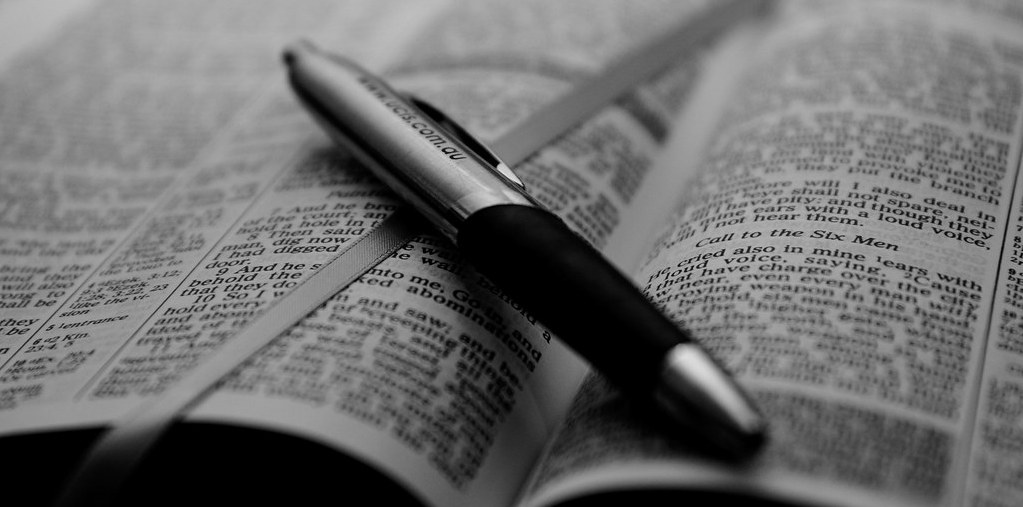
Journaling as an Act of Rage
Sarah Zia
One of the earliest books to influence me in my early teen years was the diary of Princess Jahanara. My favourite bit about the book was Jahanara expressing disappointment at adults not keeping her in the loop her in on important matters aka family secrets assuming that a 12-year old didn’t understand much or anything at all. This sentiment bound me to this book which I often re-visited long after my pre-teen years. After all, sulking and reiterating that I understood everything were the only tools “misunderstood” teenagers had. Today, when I look back, I can safely conclude that this diary was the first feminist journal I read. It taught me to have an opinion of one’s own even if nobody took you seriously. But I also wonder what qualifies as a feminist journal? Woolf’s documentation of the need for one’s own space in A Room of One’s Own? Rosalyn D’Mello’s record of being in love in A Handbook for My Lover? Or maybe a researcher’s diary who is trying to document female participation in the electoral process? Or a doctor’s prescription for medication to manage hormonal imbalance? Every little piece of paper that ascribes us an identity (like government records) or describes a milestone (like degree transcripts) contributes in creating an unstructured journal of our life. Thus, I don’t maintain a diary or journal but do write about some uncontrolled emotions like rage and despair on rare occasions. It is not always advisable to explicitly express such emotions and hence it works well to channel them through other outlets. And, thus rage becomes the key component of my feminist journaling.
Feminism is not an abstract set of ideas, it is how you live your everyday life. As someone rightly pointed out on twitter, feminism is not a hobby to be pursued on weekends. It is an everyday struggle for all of us and is often the metric in determining how far we have come in achieving the ever-distant dream of freedom. For some of us, it can be measured in the length of our skirts or in the number of years we have managed to evade marriage. There are other smaller victories too. When you successfully convince a family whatsapp group to condemn silly jokes about women as wives or you convince a co-worker that workplace sexual harassment is real. But like everything in life that comes in shades of grey, victories and struggles are also accompanied by lows. On the odd day, when you give in to patriarchy and wax your arms to perform the prescribed levels of femininity, the weight of the world’s gaze feels a little heavier despite your fair, shining arms. Or when you avoid wearing a neon orange bra under a white shirt to a relative’s place because you don’t want to get into an argument about good girls from good families. You feel exhausted and worn out even though you didn’t debate because that is so tiring. Or when someone congratulates you on being such a modern woman because you on’t wear the hijab. You feel disoriented like someone smacked your face because you don’t know where to begin your rebuttal from. How can a single sentence reply completely encapsulate the complexities of modernity, religiosity, womanhood and veiling? So, you just smile. Silently. Like a defeated person who knows there is no scope for victory, so why even try?
On days like these, you record and document to ease your sense of loss and regret. You realise that a lot remains to be done. You take charge of yourself and remind yourself of how far you have come. You create an inventory of feelings for reference so that the next time you feel defeated, you know this is your cue to not feel empty or alone. To acknowledge that sometimes the burden of troubles is too much for one to carry alone. To understand that everyone needs a break. And fighters too have days off. You sign off with the realisation that feminism is not an individual’s fight and thus, it is not your individual loss. It is a collective battle and we are all persevering foot-soldiers. Fuelled by rage and bound by conviction.

SD